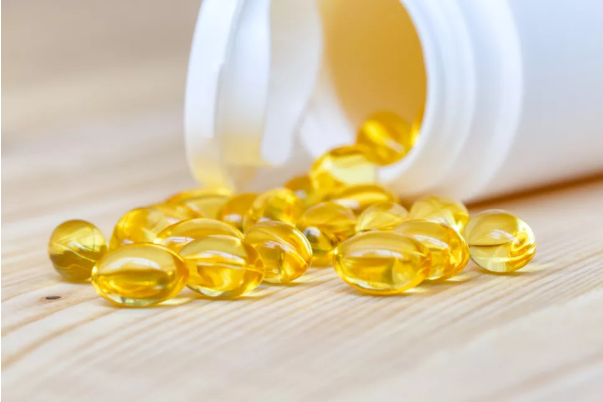Vitamin-D deficiency increases the risk of COVID-19 pneumonia
Vitamin-D deficiency increases the risk of COVID-19 pneumonia
Vitamin-D deficiency increases the risk of COVID-19 pneumonia. Live Science: Vitamin D deficiency increases the risk of COVID-19 pneumonia. Can vitamin supplementation prevent it?
At present, we do not have the most effective drug to prevent and treat COVID-19 pneumonia. So, can vitamin D, a commonly used health product, be used to enhance the resistance of the new coronavirus?

According to an article published on the Live Science website, recent studies have shown that vitamin D deficiency in the body is associated with a high risk of COVID-19 pneumonia: A JAMA study on September 3 pointed out that people with vitamin D deficiency have twice the risk of developing COVID-19 pneumonia as those with sufficient ; On October 27, a study in the journal Clinical Endocrinology and Metabolism stated that the rate of vitamin D deficiency in hospitalized patients with COVID-19 pneumonia was higher than that of the control group.
The “Clinical and Experimental Research on Aging” on May 6 also showed that the countries with the lowest vitamin D levels among the 20 European countries have the higher the prevalence and mortality of COVID-19 pneumonia. At the same time, the “Diabetes and Metabolic Syndrome” report on May 7 stated that there is no statistically significant relationship between vitamin D and the risk of COVID-19 pneumonia.
Adrian Martineau, a respiratory infection and immunologist at Queen Mary University of London, said that the above-mentioned research is not enough to prove that vitamin D deficiency leads to an increased risk of COVID-19 pneumonia, but it does imply a connection between the two.
In the past, studies have shown that vitamin D can enhance the immune system’s response to the virus and inhibit the inflammatory response. However, severe patients with COVID-19 pneumonia often experience excessive inflammation. A 2017 study in the British Medical Journal proved this, vitamin D supplementation can reduce the risk of acute respiratory infections. There are also reports that people with vitamin deficiencies (older people, dark-skinned people) overlap with people at high risk of COVID-19 pneumonia.
Is this a coincidence, or is there an inevitable relationship?
Martineau analyzed that the vitamin D levels of patients in the September study were data before the onset of COVID-19 pneumonia, and the October one was after the diagnosis of COVID-19 pneumonia. It is difficult for us to distinguish between “chickens and eggs”-is the COVID-19 pneumonia caused by vitamin D deficiency, or vitamin deficiency caused by the COVID-19 pneumonia? All studies are observational, and vitamin D has not been used to prevent and treat COVID-19 pneumonia.
To this end, Martineau’s research team is studying the relationship between “chicken and egg”. They asked a group of trial participants to randomly take different doses of vitamin D to observe the relationship between vitamin D content in the body and the risk of COVID-19 pneumonia.
So, can we take vitamin D? Martineau suggested that vitamin D itself is good for bones and muscles. The National Institutes of Health recommends that the daily recommended intake of vitamin D for adults under 70 is 600 IU, and that for adults over 71 is 800 IU. You can follow the guidelines supplement. It may be good for preventing COVID-19 pneumonia, but it is not recommended to take vitamin D in large amounts without any clear evidence.
(source:internet)
Disclaimer of medicaltrend.org



